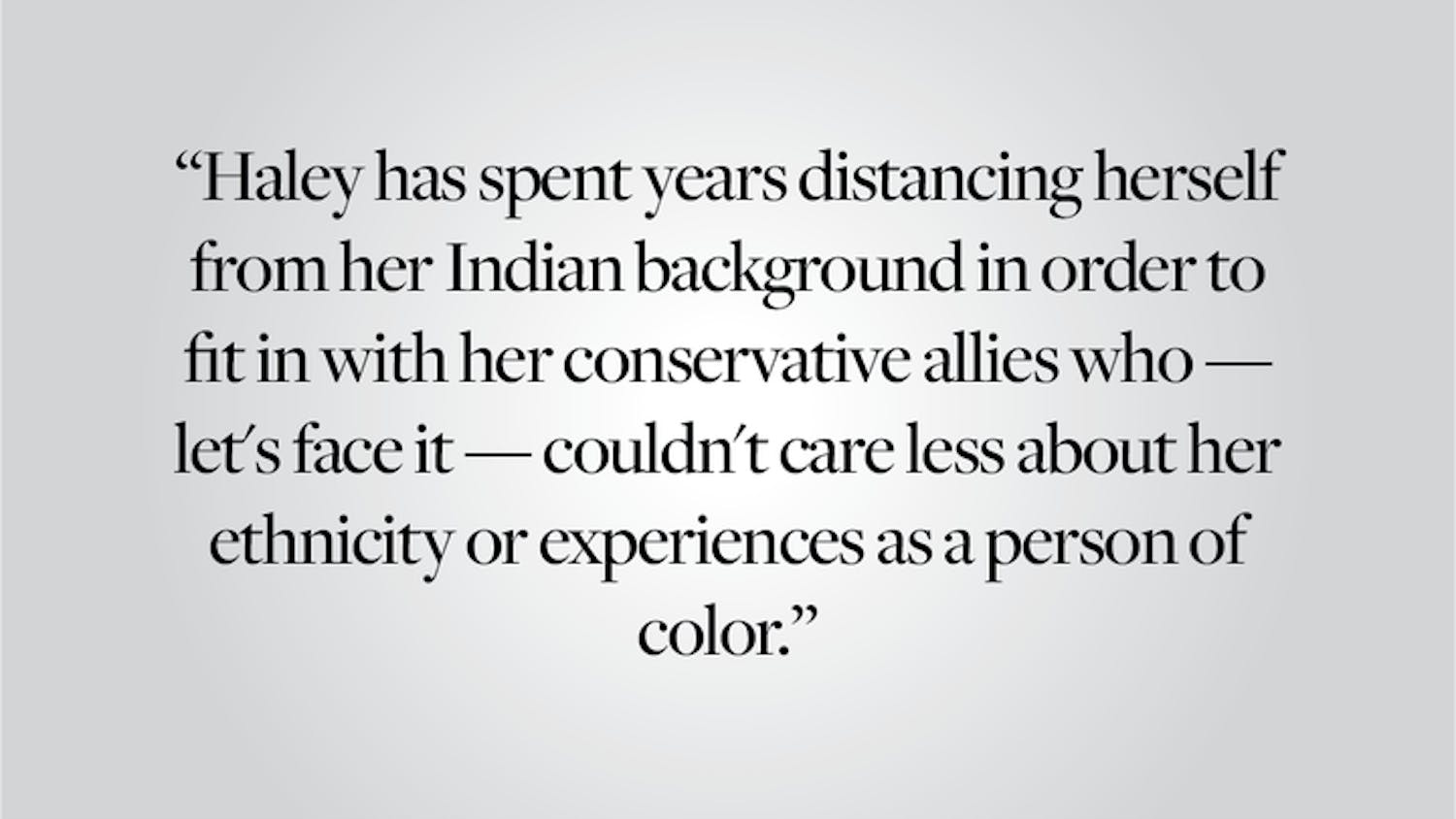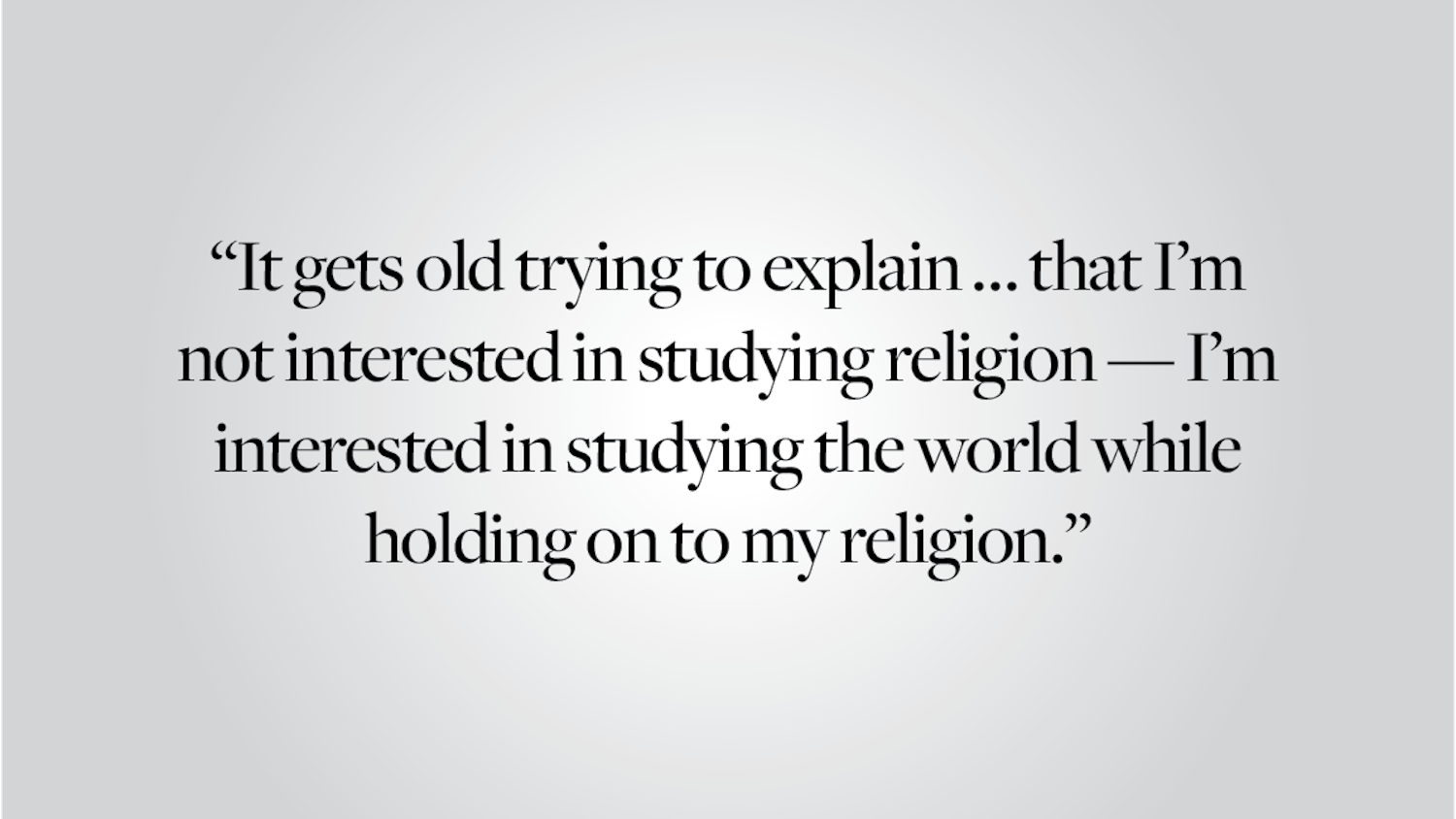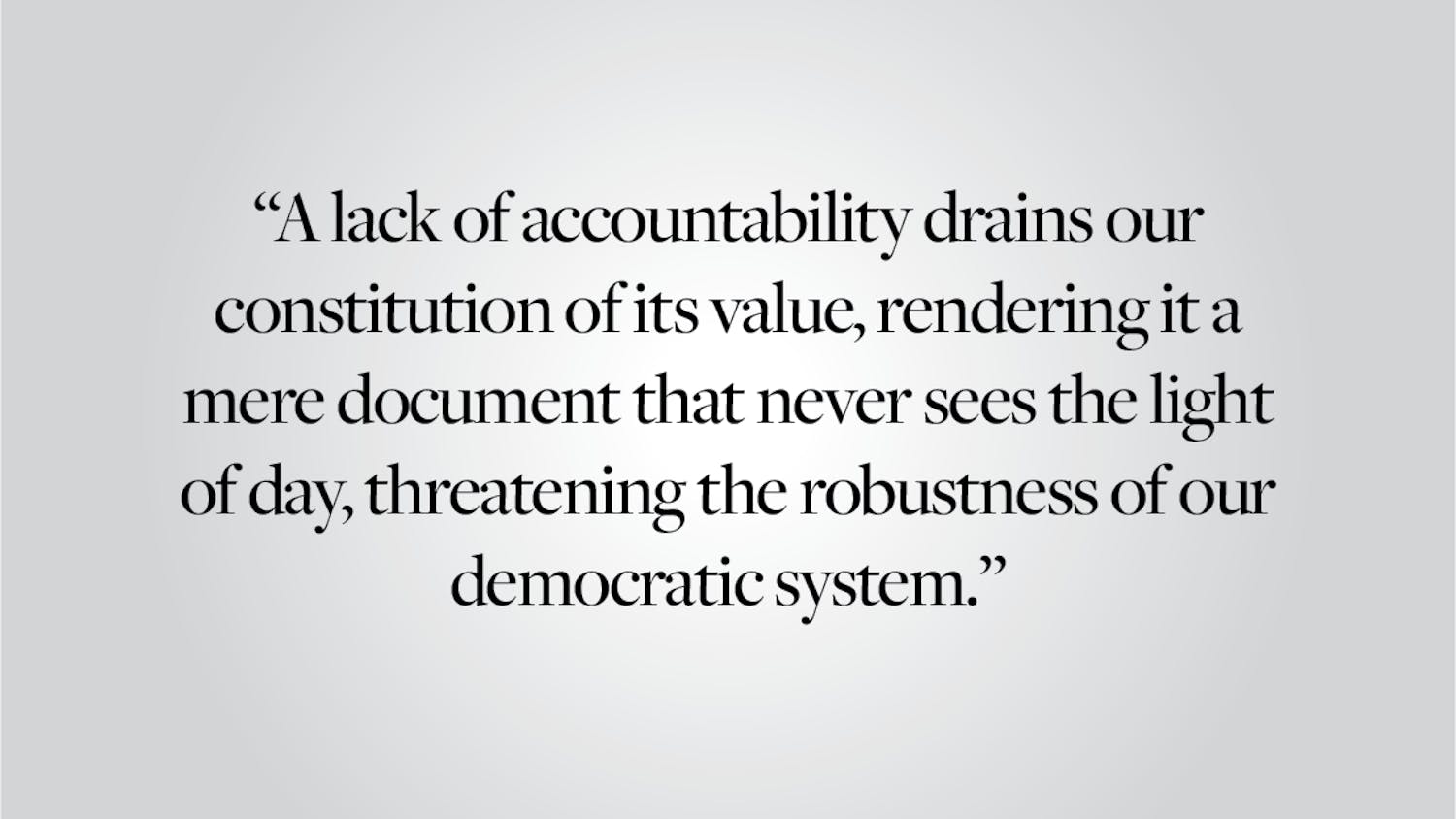In my comparative literature course this week, my professor warned us that what he was about to say would probably be an unpopular sentiment among us students. He quoted Kafka: “We ought to read only the kind of books that wound or stab us.” Nervous eyes wandered. Jaws opened slightly. Silence. “If the book we’re reading doesn’t wake us up with a blow to the head, what are we reading for?”
Immediately, I was brought back to a moment several summers ago, when the last page of “The Bell Jar” was turned, and I entered a week-long period of Sylvia Plath-induced desolation. School was out, three ice cream trucks surveyed my apartment building’s five-block radius, and I was absolutely despondent. For those who haven’t read it, Plath’s tale chronicles a young woman’s excruciating spiral into mental illness — one that debilitates her and culminates in several unforgettable episodes of depression. As someone who has not dealt with depression, I found myself shaken by the world of Esther Greenwood, her desperation and drowning crushing me nonetheless.
My week of dejection ended when my concerned mother took me to Barnes and Noble and refused to buy anything but “a beach-read, for God’s sake, Rebecca.”
But from then on, my “favorites” bookshelf gradually became overwhelmed with stories of death, narratives of loneliness and accounts of all kinds of earthly pain. I grew attached to books that brought such an incurable sense of sadness they left me immobile on my bed, books that so perfectly relayed bleak and unspoken truths that they stole my breath, books that exposed my life’s shallowness without regrets.
In these stories, I learned the true power of words and their ability to move, inspire and touch. I’ve found this force to be unparalleled by any other I’ve encountered thus far in my life. As an English concentrator committed to the study of stories, I like to think that I’ve pledged to confront the uncomfortable and face and endure especially the words that “wound or stab.” It is somewhat bizarre to willingly submit yourself to unease, but I believe that it is in this process of reading through discomfort that we are the most affected and learn the most about the human experience at the core of all literature.
Of course, in this op-ed I am writing about discomfort. I recognize that some people may have real-life experiences with the raw pain I read about and that reading about trauma that one has experienced can summon feelings beyond discomfort. My argument is not directed at those who may be forced to re-experience trauma by reading difficult texts.
In current times, when we question the integrity of our society, I urge you to reach for the most raw, most uncomfortable literature. Immerse yourself in literary discomfort; then reflect and seek to understand it. Through this process, we improve our ability to empathize. We learn about humanity, which is essential in our quest to restore our faith in it. More than anything, we learn resilience: both from the characters’ plights as well as from our own experience of suffering alongside them and still returning to contemplate it all. When we want easy beauty in the midst of a calamitous world, we will always seek the sonnet by Shakespeare over the poem by Plath. But every time we choose not to consume tragedies, we face our own disastrous loss: the opportunity to add a permanent layer of understanding to our lives.
There has been no lack of painful reading in this course, which focuses on medical humanities. Accounts of heroin addiction and post-traumatic stress disorder, morphine dependence and AIDS, alcoholism and chemotherapy, have left me numb and exhausted — to say the least. Yet the intense feelings of distress associated with the power of these texts have bonded me with them. As the fundamental pieces of characters are added to my mental literary repertoire, the ones who have invited me into their trauma and challenged me to internalize their suffering will always be at the forefront. In a way, I consider them inextricable parts of my own essence. Even in this classroom context, the act of close reading becomes more meaningful: You are deciphering language that has impacted the characters’ existence as well as your own.
Thus, read to sob and to vomit and to become unsalvageable, rapt in the pages of a word-created hell. Don’t be scared of being scared. Emily Dickinson wrote, “If I read a book and it makes my whole body so cold no fire can warm it I know that is poetry.” Read to shiver, and then revel in your own freezing.
Rebecca Okin ’19 can be reached at rebecca_okin@brown.edu. Please send responses to this opinion to letters@browndailyherald.com and other op-eds to opinions@browndailyherald.com.




